Want to work in a high quality professional kitchen? Get ready for a “stage”. Marissa Sertich with valuable tips on how to succeed with it.
By Marissa Sertich
When I graduated with a liberal arts degree, I left with a feeling of accomplishment, mixed with the complete lacking of any tangible skills. Initial job interviews were essentially personality tests and practiced answers to “strengths and weaknesses” questions. All I could do was to use any persuasion skills I’d acquired, put on my only suit, and use my newly acquired industry jargon.
Many of my fellow graduates felt the same and having been cloistered in the same fictitious world of academia, we didn’t know that the world could function free from bureaucracy. It was perhaps one of the most ridiculous charades I’ve ever partaken in. Nothing was based on anything concrete and rejections or acceptances were founded on a phony set of qualifications – like an internship at a fancy marketing firm where you delivered coffees or a false sense of managerial skills because you were on Hall Council for three years.
That’s where the beauty of the kitchen comes in. A kitchen interview often involves what is known as a “stage,” or “trail,” where instead of a sit-down conversation, you spend a day working in a restaurant’s kitchen. There, for about eight (to possibly twelve) hours of free labor you chop and slice things so the Chef can see, first hand, how you operate. This sense of honest and instant gratification was one of the first things I loved about food industry. There is no hiding the absence of skills behind a well-written cover letter. The hiring process is based on actual performance. It is a terrifying and wonderful thing.
Before any stage, I generally feel nauseous and so nervous that I regret having made the appointment to trail in the first place. I think, “Gosh, instead of working for free all day, I could be eating waffles in the comfort of my home.” But, it’s too late by then, and it’s showtime. Deep down, I know that the trailing experience will be worth it in the end. There are new techniques to see, flavors to try and the witnessing of yet another kitchen’s culture and organization.
In the past, I have found that most restaurants are very welcoming to stages. For them, it is an extra set of hands in the kitchen and it is also a great experience for you. Just send human resources or the chef an email with your resume and a short letter about why you’re interested in staging and you are likely to get a response. Many high-end restaurants take stages every weekend, even when they are not hiring.
Before the stage it is important to know what you will need to bring. Some restaurants specify tools to bring or require a specific dress code. Regardless of specifications, always come prepared with side-towels, some sort of kitchen hat, an apron, a Sharpie, a pen and a small notebook. Even though you are in “whites,” or a kitchen uniform, you have been invited into someone else’s kitchen, so you should dress in a fashion that exhibits respect. Treat your uniform like a suit – make sure it is well ironed, your shoes are polished and your appearance is tidy.
Your level of activity during your trail is based on both you and the restaurant. While they probably won’t trust you with very complicated recipes or put you on the line during Friday night service, you will receive more to do based on your performance and enthusiasm. The more efficient you are with whatever mundane chores you are given, the more likely interesting projects will be assigned to you later on – if you finish slicing five deep hotel pans of brioche into tiny cubes, you may be told to complete the exhilarating task of sandwiching 600 mini-macaroons.
One of the many perks of staging, is that there is often free food involved. Not only will you be invited to join in for “family meal,” but also during service, you will probably be given a few free tastes from the menu. I guarantee that working for your supper has never had such lavish results – Nothing makes me feel more appreciated than being handed a free fancy dessert.
While a stage doesn’t necessarily result in being hired, it is never a waste of time. It is a perfect way to stay current in world of food and there is always something to be learned.
Seven Tips for Staging Success:
- Dress for success – You are about to enter a highly professional environment, so come in with your uniform ironed and your shoes shiny.
- Sharpen your knives – If you are required to bring in your own tool, make sure they are clean and sharp.
- Ask questions – This is the best way to learn and also demonstrate that you are interested in what is going on.
- Demonstrate your “sense of urgency” – Even though you may just be peeling carrots, peel those carrots like you mean it! Plus, the more efficient you are with your peeling, the sooner you will be able to take on a new, more exciting task.
- Sometimes just stay out of the way! – If things start to get very busy in the kitchen, ask if you can help somehow, but also avoid being a nuisance. Sometimes kitchens enter “autopilot,” mode where no one will have the time to babysit you, and you may be better off standing back and watching the show.
- Take initiative – When you’re finished with an assigned task, don’t wait to be told your next instructions. Be first to ask what you can work on next.
- Have Fun – Be proud that you’ve pushed yourself beyond your comfort zone and seen something new. With every trail there are things to learn, people to meet and new foods to eat.




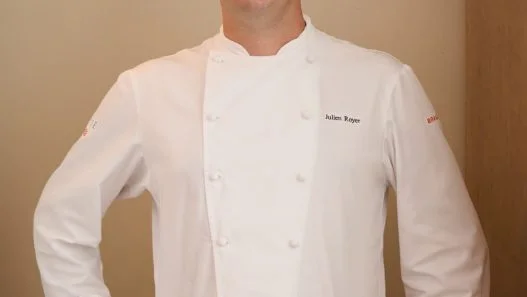





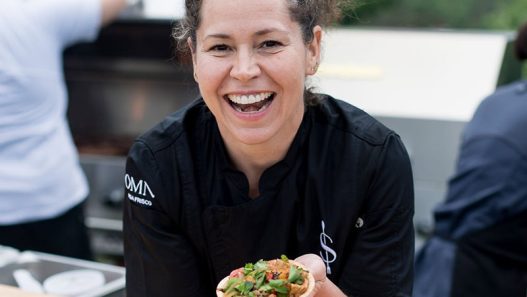
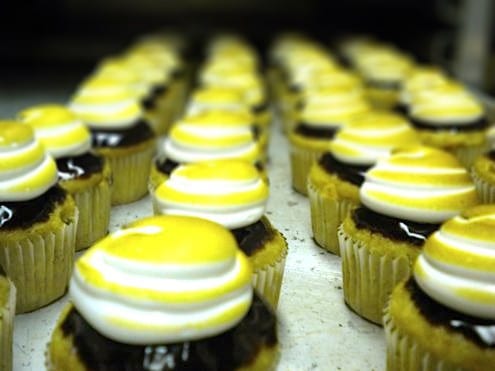
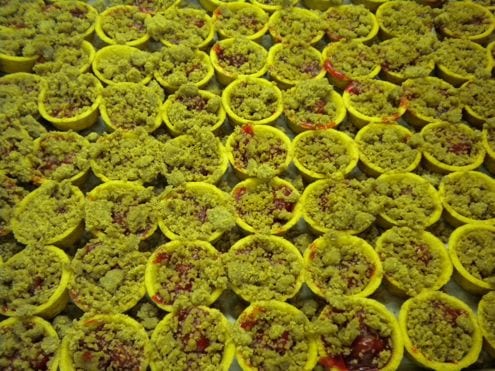



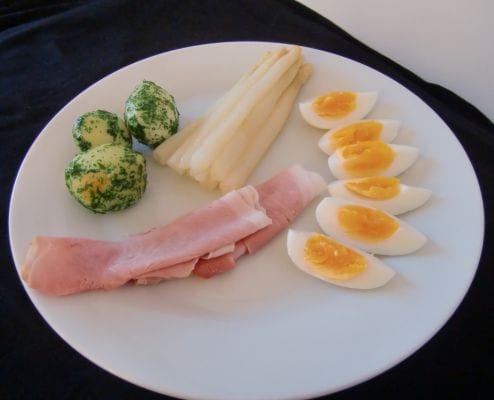
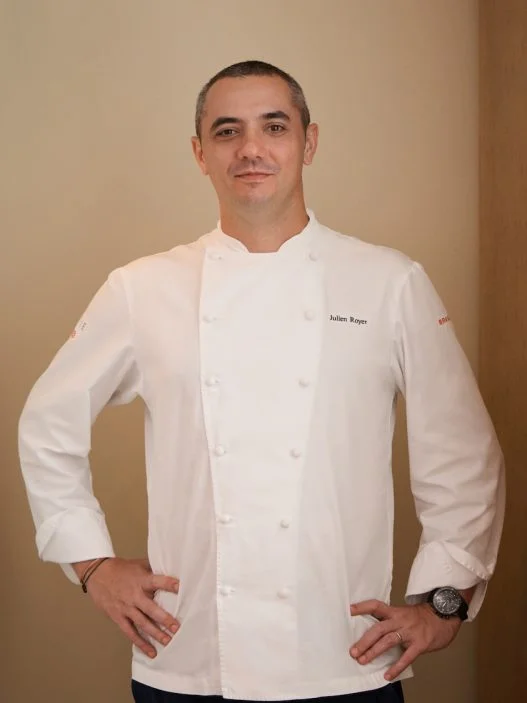

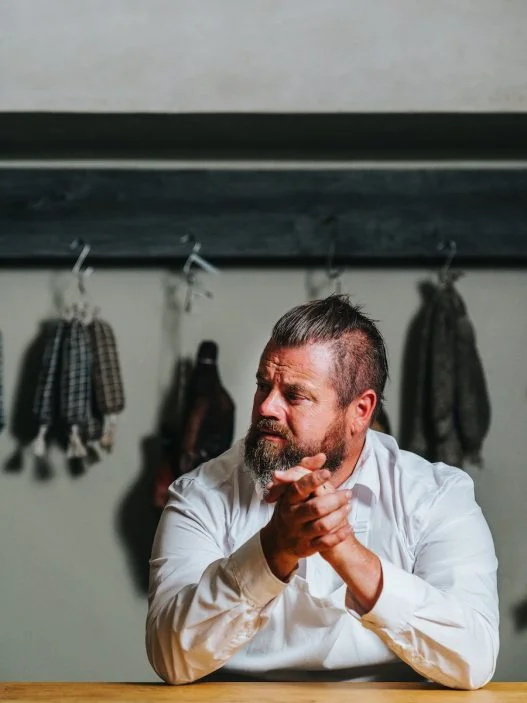
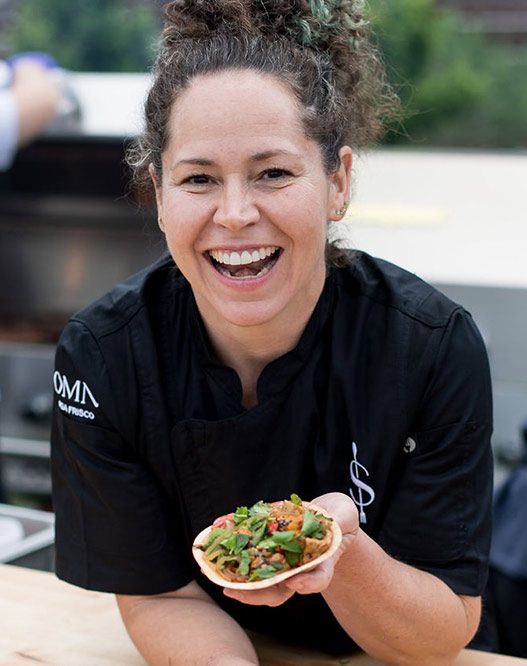
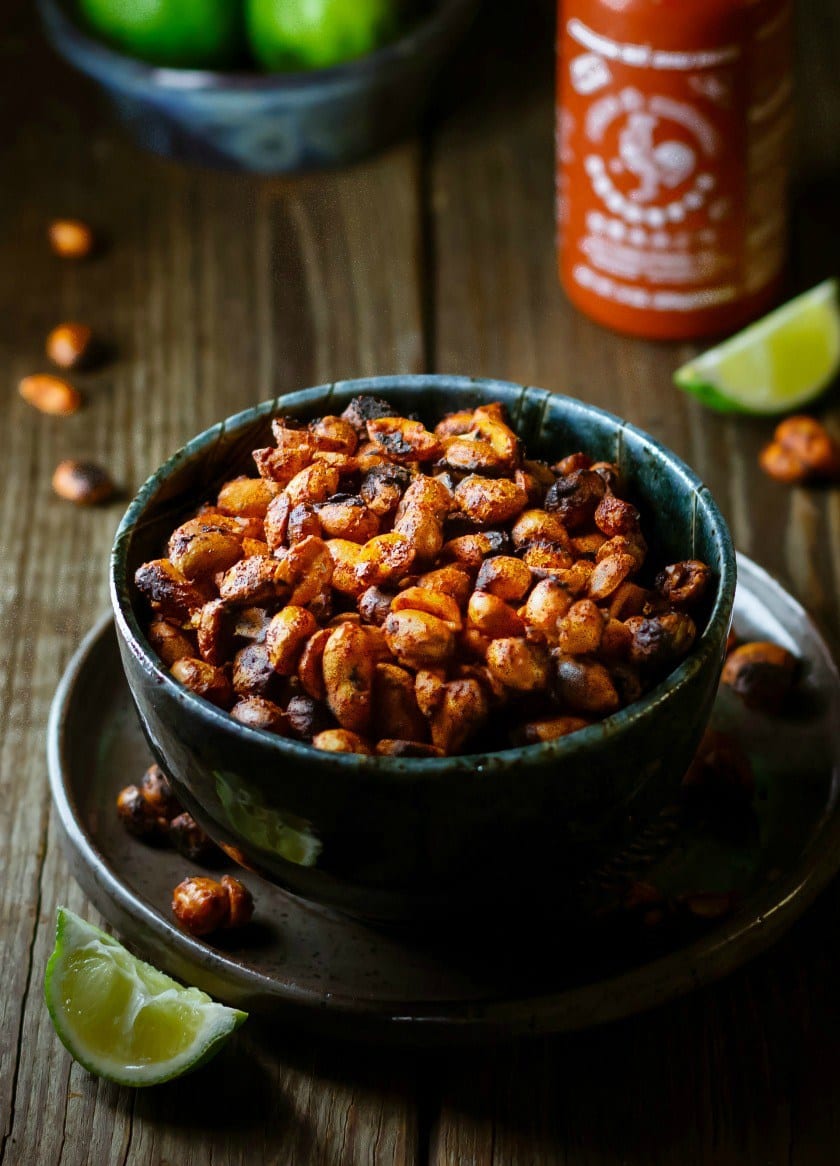

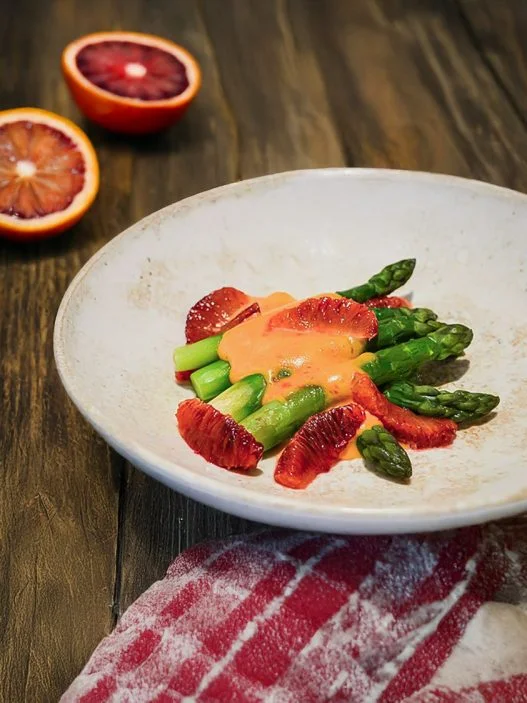



Thousands of young people were training to be chefs when the pandemic hit last March. Many had invested years of their lives, often taking classes while also holding down internships in local eateries, or staging in well-known restaurants. Many harbored visions of owning their own place, maybe appearing on TV, or earning multi-star reviews. Like the rest of us, by May their lives were turned upside down. And yet, amidst all the loss, there’s also an opportunity to reinvent what it means to be a chef in our modern world. But seizing that opportunity will also require some big changes to culinary education. Culinary curriculums haven t changed much over the decades, but the number of cooking schools sure has. Back in the ‘70 s when I got my first job in the service industry, if you wanted to become a chef, there were only two great cooking schools: The Culinary Institute of America and Johnson Wales University. And if you wanted to learn hospitality management, you went to Cornell or Purdue.
great article.
I have a question. I am a former bakery owner having sold my bakery at the beginning of the year and am now traveling around the US for a while to take a break and soak up new experiences. I’ve tried contacting several bakeries during my travels in the hopes of doing a stage, but nobody has gotten back to me. I’m don’t feel I’m being pushy, nor do I think I’m implying I want to steal anybody’s trade secrets. I simply want to help and learn how other companies do it. I will even sweep the floors. It just seems strange that I’ve had no response. I know people are busy, but I also know they’re short handed in the current labor market. Advice?
thanks,
steph
I’ve never been to culinary school, I’ve never done a stage before, and I’ve only worked at a grocery store bakery for a year. But working there has ignited a fiery passion that has taken me until 29 to get and I CAN NOT ignore. With having zero funds to go to college for culinary art, I’ve been running to the internet to get as much info as I can. This article gave me a lot to take in. Even minor details that one would normally look over. I found myself passing round one of the interview process for a specialty bakery. And now I’m trying to prepare myself as much as possible for my stage next week. Having read this, I feel A) happy that I’m not alone when it comes to nerves B) A little more prepared with knowledge of what to expect.
THANK YOU!
Great advice! I forwarded this to my daughter, who is just finishing up the baking and patisserie course at Le Cordon Bleu, and about to start her externship.
I am not someone from culinary school but I do love to cook. My cousin is a cook and she is required to bring her own tools. I think being your own tool is the best way to make all the cook works better. Because each of the cooks has different preferences on tools they’re using. Just like how I cook in my own kitchen and my mum’s, I work better with my own tools and environment. And it is best to get the best tools too. So come and shop with us!
Thank you for your article, great advice. About to have a overnight stage at major tech company here in the silicon valley. Baker for 3 years now, hopefully help in bread making. Definetly bringing my notepad and pen.
My first stage is set to begin in half an hour,its a pastry chef job and i hope to impress with all my self taught skills and zero schooling.lets get it done!!:)
Hello
I have got 5 years experience and I always feel it is not enough and it won’t be enough ever I want to do a stage in high quality kitchen I have been sent my resume all best ! Is anybody give me a racumentation
Honest cooking
30years on and off chef a worsening addiction during my schooling took a hold of my priorities. losing some great jobs,I mean great ones like chef at Camden yards in Baltimore Maryland,head chef at ski resorts in northern California, I can go on & on but I’ve learned to visit the past but not to stick around.
can anyone help why I am I cook grabbing nine years and I have an interview for a cruise company next month and I am very nervous. the problem is is what is in Inglés and my English is not very good
Hi Marissa,
I am super keen in staging in the US or even EU but I am from Malaysia, where the restaurant scene isn’t what it is like in the state or in Europe. Have you seen any foreigners stage in the US? If yes, would you know how did they obtain the visa to do so. I am wanting to do it next year actually, but I do not know how to start this journey of mine.
I don’t understand why anyone in their right mind would be willing to do this sort of labour for free. That is technically illegal.
Hello thank you for your advice. I am in a Culinary School studying pastry arts. I applied for a pastry cook job, and All I put in my résumé is that I know the basics of mixing methods and that I am still in school. I got an answer back telling me that I would receive a call to make an appointment to trail.
My Question is,
What do you think the Pastry Chef is expecting from an undergraduate with only a dishwasher experience, which was in the resume too. ?
hi great info thank you i have a question i have no experiance in the kitchen but a love for cooking at home i have 2 interviews next week in the kitchen i have been doing a bit of homework on the place and been wrighting some stuff down will it be a good idea to bring my note pad with the info to the interview thank you
Hey Norman. You should always bring a SMALL note pad with you to a stage with a pen to take notes in the kitchen about techniques, kitchen operations, etc (one that fits in your pocket) But, try not to have your nose buried in the notebook the entire time. Be engaged and present and make eye contact. If you’ve taken some notes about the place already that’s great, but try to remember that info rather than referring to your notebook. Good luck…or as they say in show biz, break a spoon! :)
thank you sorry about the late reply i have the interview tomorrow so fingers crossed thank you for your advice
i am a student in cooking in montreal and i am starting to apply for stages, its a new field for me i just turned 40, were in the second phase in school from theory to restaurant operations, and just wondering if u have some inside tips, i handle stress well, yet maybe a little key that i dont know, that u would, thanks
Thanks for the comment James. I think one of the most important things entering the industry is being very confident, yet humble and open to instruction from others. It’s also important to prep for each day before you arrive, arrive early to set up and simply set yourself up with information and organization. Best of luck to you!